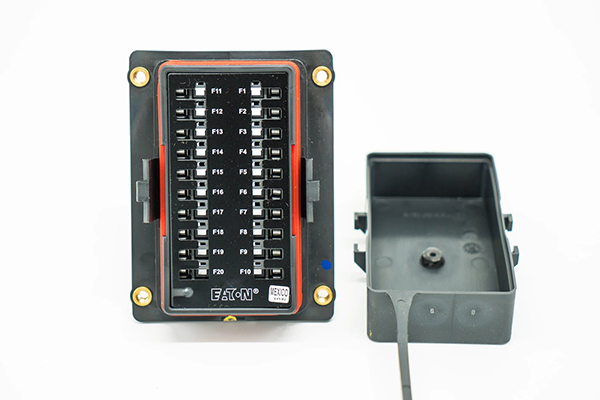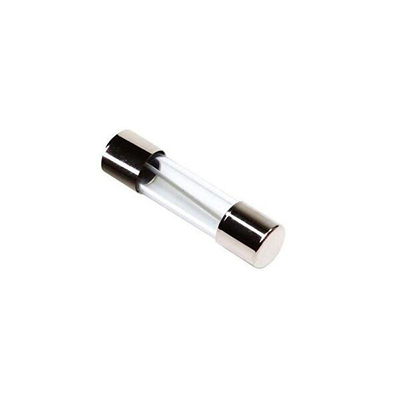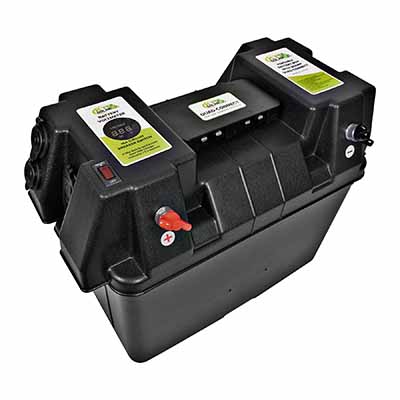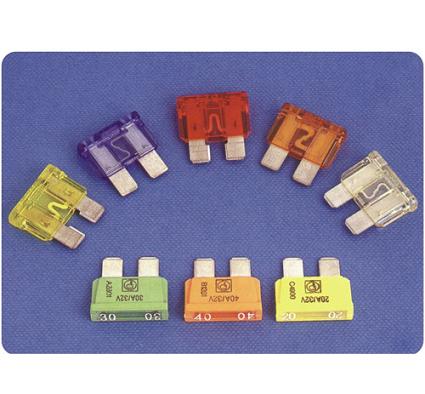Essential Electrical Protection Mechanisms in Hybrid and Plug-In Hybrid Vehicles Using Fuse Boxes
News 2025-10-20
Fuse boxes play a crucial role in safeguarding the electrical systems of hybrid and plug-in hybrid vehicles, where high-voltage components demand robust protection. These devices are designed to prevent short circuits, overloads, and other electrical faults that could lead to fires or system failures. In the evolving automotive landscape, hybrids combine internal combustion engines with electric motors, making reliable electrical protection essential for safety and longevity. Fuse boxes in these vehicles are engineered to handle the unique demands of both low and high-voltage circuits, ensuring seamless operation and compliance with stringent safety standards.

Application Scenarios
In hybrid and plug-in hybrid vehicles, fuse boxes are deployed in various key areas such as the battery management system, power electronics, and charging infrastructure. For instance, during regenerative braking, fuse boxes protect against surges from energy recovery processes. They are also vital in plug-in hybrids for managing grid-connected charging, where fluctuations in external power sources could pose risks. Additionally, in fleet applications like taxis or delivery vehicles, these components ensure uninterrupted service by mitigating electrical issues in high-usage scenarios, enhancing overall vehicle reliability and reducing downtime.
Performance Advantages
Fuse boxes in hybrid systems offer superior protection through fast-acting fuses that respond quicker to faults than traditional circuit breakers, minimizing damage and improving safety. Their compact design allows for efficient space utilization in the crowded engine compartments of hybrids, while materials resistant to heat and vibration ensure durability under demanding conditions. Moreover, these units support advanced diagnostics, enabling real-time monitoring that aids in predictive maintenance, thus extending vehicle lifespan and reducing costs for owners and manufacturers alike.
1. What is the primary function of a fuse box in hybrid vehicles?
It protects electrical circuits by interrupting current flow during overloads or short circuits, preventing damage and ensuring safety.
2. How do fuse boxes enhance performance in plug-in hybrids?
They provide rapid fault response and compatibility with high-voltage systems, improving energy efficiency and reducing the risk of electrical failures during charging or operation.
3. What materials are commonly used in fuse boxes for hybrids?
High-temperature plastics and metals are used to withstand thermal stress and vibrations, ensuring long-term reliability in automotive environments.


